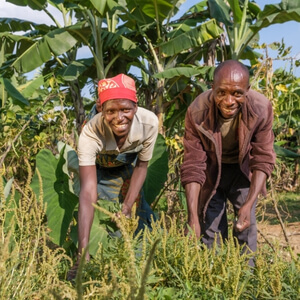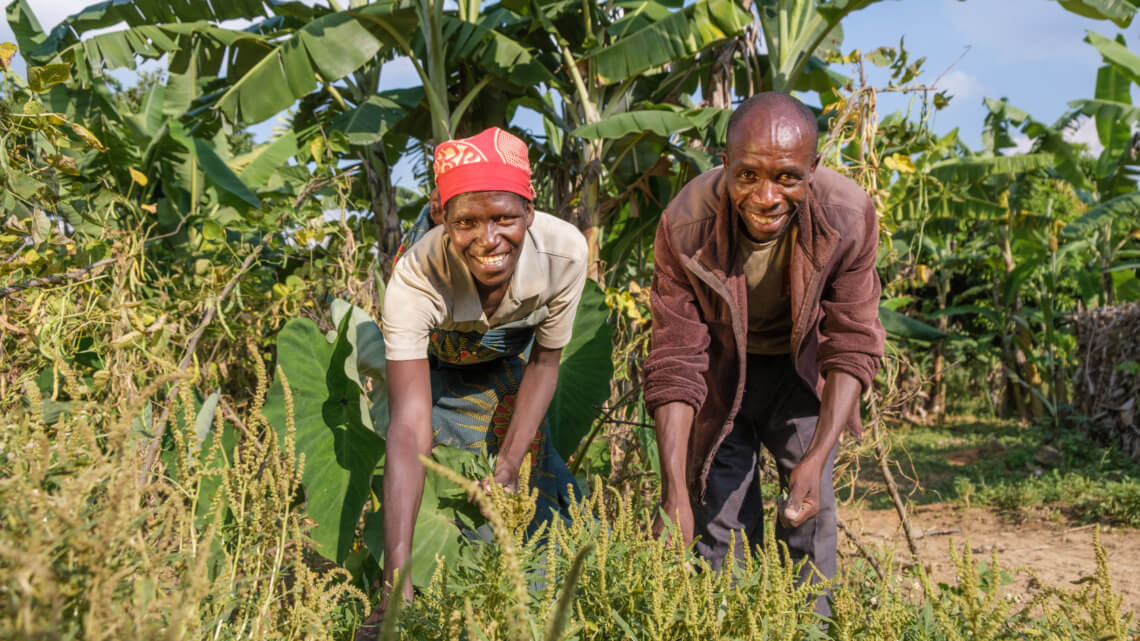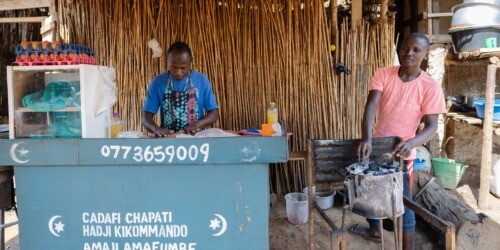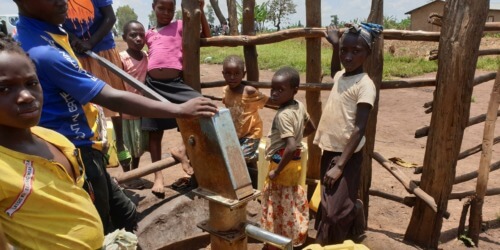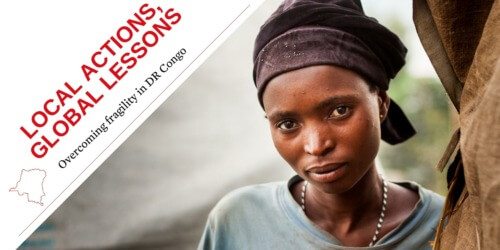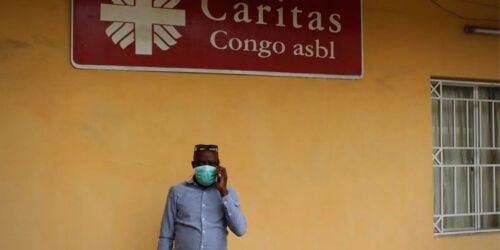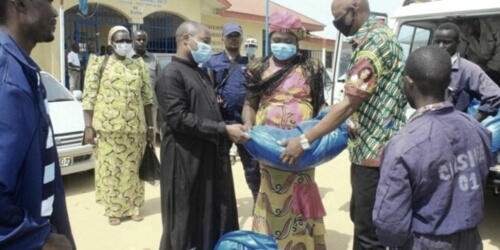Surviving in a risky environment
Climate change is one of the many factors that make people in Ruyigi province in eastern Burundi particularly vulnerable. Almost all the inhabitants of this rural region are food insecure. Like 90% of Burundians, they depend on agriculture, but harvests are deteriorating more and more. In the hills of the Mpungwe Range, for example, heavy rains have led to flooding and destroyed agricultural crops and road infrastructure. There are also severe shortages of arable land due to the impacts of erosion and overexploitation of fertile soils. These events make the lean season[3] even more difficult.
>> READ ALSO : The difficult lean season. Explanations and solutions.
At this time of year, food stocks are depleted and opportunities for agricultural work are scarce and unprofitable. The responsibility for managing resources often rests on the shoulders of women, who are at the forefront of the search for alternative sources of income.
In the absence of other solutions, households put in place survival strategies that can be harmful to the environment or dangerous for populations themselves. Deforestation, a common practice, puts villages at the mercy of torrential rains and soil erosion. Natural disasters have forced more than 100,000 Burundians to take refuge in other parts of the country[4] and have even pushed some to undertake perilous journeys to neighbouring Tanzania.[5] After migrating, some people return to Burundi. Upon arrival, these ‘returnees’ often find themselves without land and income, and may then be forced to move again to ensure their survival.
Preparing for the unpredictable
Faced with the vagaries of the climate and the fragility of their daily lives, the inhabitants of Ruyigi province are organizing themselves through a community approach to implement sustainable responses. Supported by Caritas International Belgium and Caritas Ruyigi (SOPRAD), 12 of the hills in the region have developed a disaster risk reduction plan.
Concretely, it is a question of drawing a precise map of each of the hills (‘collines’) and identifying responses adapted to the social and geographical vulnerabilities specific to each community. The plan is drafted by a committee of local and local representatives: elected officials from each ‘colline’, agricultural monitors, religious representatives, health workers, ‘mamans lumières’ (nutrition experts), as well as elders who preserve the oral history of the ‘colline’.
Diversifying income sources and rebuilding together
To combat poverty and address climate change, efforts are being made to diversify the incomes of the most vulnerable people – those without access to land, returnees, single women. With the support of Caritas, more than 1,700 families have braided biodegradable baskets or restored roads, canals and bridges damaged by floods. As a result, the community was able to rehabilitate 25 kilometres of road, making it easier for ambulances and students to return to school.
Some of the money earned is injected into the local economy through a system of savings groups and loans. It allows families to have a financial safety net and also to finance joint projects… Essential elements to withstand an uncertain environment and improve their resilience to shocks together.
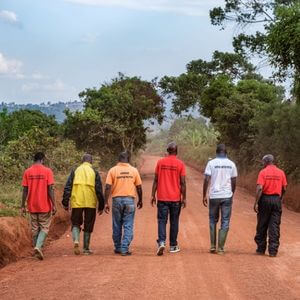
More than 25 kilometres of road have been rehabilitated by communities with the support of Caritas © Isabel Corthier / Caritas International
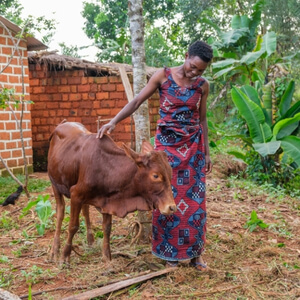
By joining the savings group, Evangéline was able to purchase a cow and take advantage of the manure to improve her farm © Isabel Corthier / Caritas International
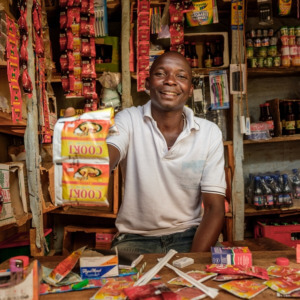
Venant opened his shop thanks to the salary he received when working on rebuilding the roads in his community © Isabel Corthier / Caritas International
Agroecology : less risk and stronger resilience
In Burundi, to improve agricultural yield, the following techniques are common: bushfires, deforestation, exploitation of sloping areas. These agricultural practices, often thought of in the short term, have serious consequences on biodiversity and can lead to disasters.
In order to counter these negative impacts, solutions are designed and implemented in a holistic way, which make it possible both to have more stable harvests – and therefore to strengthen food sovereignty – and to combat the degradation of ecosystems. With this in mind, Caritas offers alternatives to farming communities. Bare areas are reforested with deep-rooted forest species (Callitris, Eucalyptus), which protects the hills from torrential rains and erosion. For example, in the Mpungwe mountain range, more than 200 hectares have been reforested, creating a plant barrier which retains water and prevents soil movement.
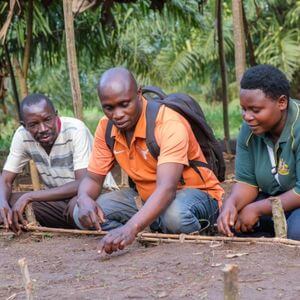
Venant is president of the plant nursery and supports communities to manage their plantations © Isabel Corthier / Caritas International
These new plantations also help to make the land more fertile and are combined with other agroecological practices. For example, 2,000 families have been supported by Caritas in setting up composts, manures and micro-forestry. All of these approaches strengthen the capacity of food systems to absorb and adapt to the unpredictable nature of climate hazards in this province of Burundi.
